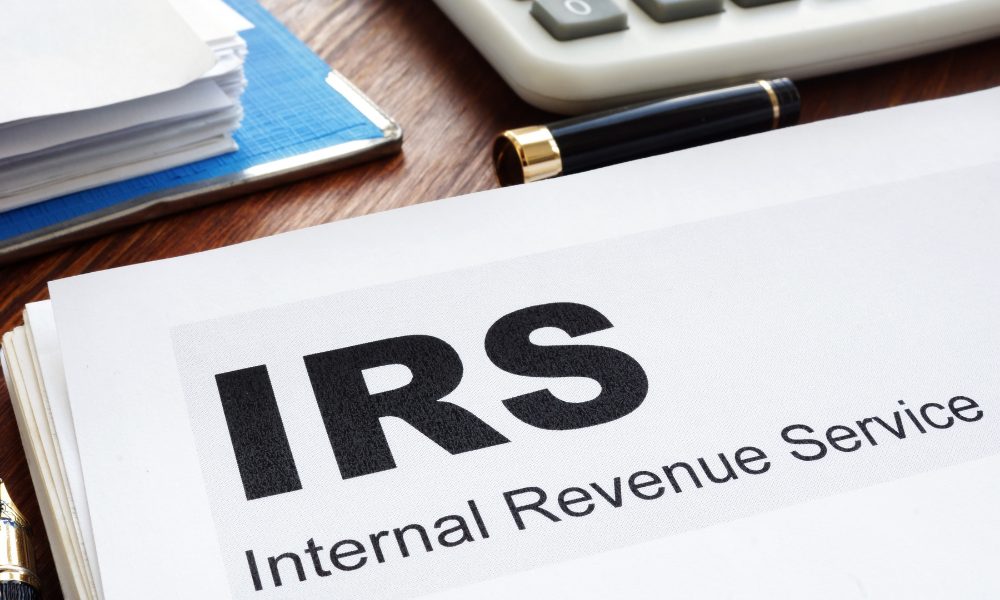Negotiating settlement with IRS can be a daunting and intimidating experience, but it is often necessary if you are facing a tax problem or dispute. Whether you are negotiating a payment plan, seeking a reduction in the amount you owe, or attempting to resolve a dispute with the IRS, it is important to be prepared and informed about the process.
The first step in negotiating settlement with IRS is to understand your rights and responsibilities as a taxpayer. This includes understanding the tax laws and regulations that apply to your situation, as well as the procedures and policies of the IRS. It is also important to have a clear understanding of your financial situation and to be prepared to provide documentation to support your claims.
Before you begin negotiations with the IRS, it is important to gather all relevant information and documentation related to your tax problem. This may include tax returns, financial statements, receipts, and other supporting documents. You should also be prepared to provide a detailed explanation of your tax problem, including any extenuating circumstances that may have contributed to the issue.
When negotiating with the IRS, it is important to be respectful and professional. The IRS is more likely to work with taxpayers who are cooperative and willing to work towards a resolution. It is also important to be honest and transparent about your financial situation, as any misrepresentations or omissions can jeopardize your ability to reach a favorable agreement.

In some cases, it may be necessary to hire a tax professional to help you negotiate with the IRS. Tax attorneys, enrolled agents, and certified public accountants (CPAs) are all qualified professionals who can assist you in navigating the complex tax laws and regulations that apply to your situation. These professionals can also help you to present your case in the best possible light and negotiate with the IRS on your behalf.
One of the most common forms of negotiation with the IRS is the installment agreement. An installment agreement allows you to make monthly payments on the amount you owe over a period of time, rather than paying the full amount upfront. In order to qualify for an installment agreement, you must be current on all tax returns and have the ability to make monthly payments.
Another form of negotiation with the IRS is the offer in compromise. An offer in compromise allows you to settle your tax debt for less than the full amount owed. However, the IRS will only accept an offer in compromise if it is convinced that you cannot pay the full amount owed and that accepting the offer is in the best interest of both parties.
If you are unable to reach a resolution with the IRS through negotiations, you may have the right to appeal the decision. This involves submitting a written request to the IRS explaining why you disagree with the decision and providing any additional information that may be relevant to your case.
In conclusion, negotiating with the IRS can be a challenging and stressful experience, but it is often necessary if you are facing a tax problem or dispute. It is important to be prepared, informed, and professional when negotiating with the IRS, and to consider hiring a qualified tax professional to assist you in navigating the complex tax laws and regulations that apply to your situation. With the right approach and mindset, you can successfully negotiate with the IRS and resolve your tax problem in a timely and effective manner.










